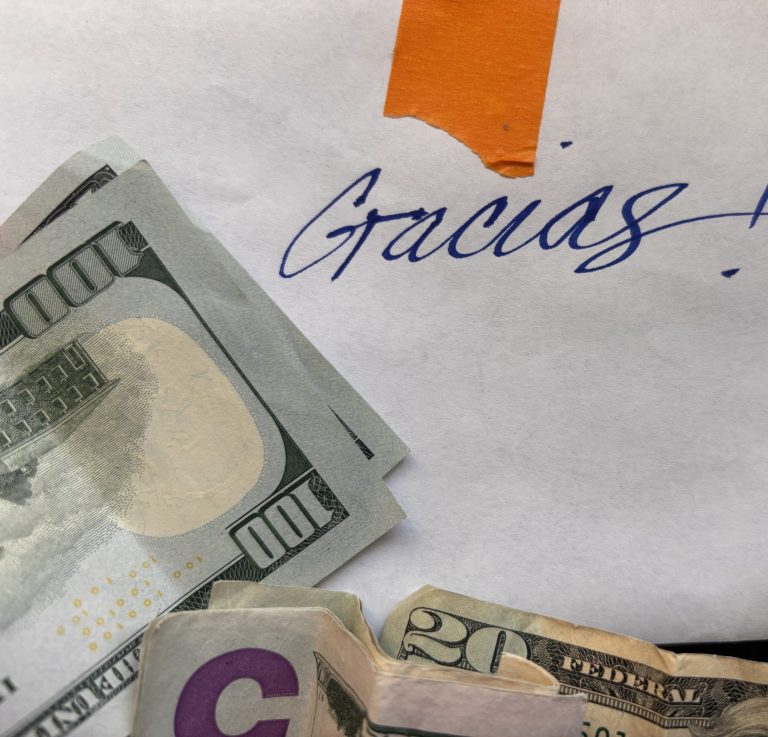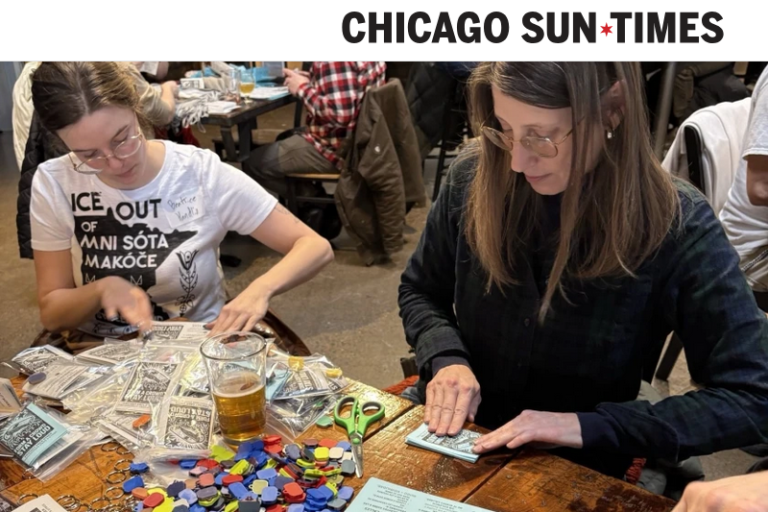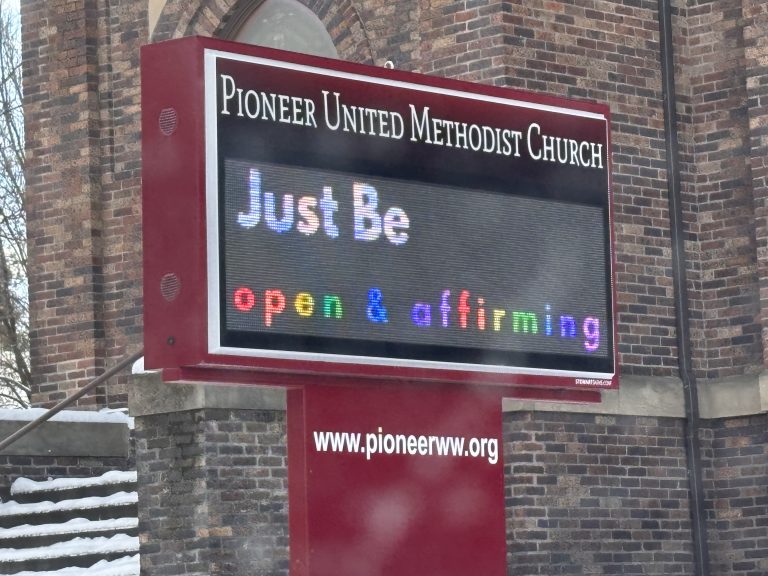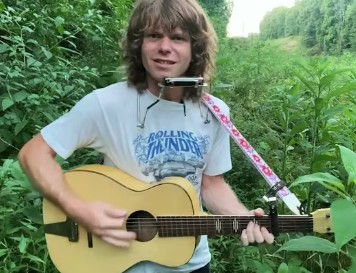Protest funding
Large protests take experienced organizers and lots of money. From permits to porta-potties the logistics of gathering 10,000 people in one place (much less 100k!) is significant.
Donate the price of a movie ticket or dinner out for the event they’re throwing for you, whether you can go or not!
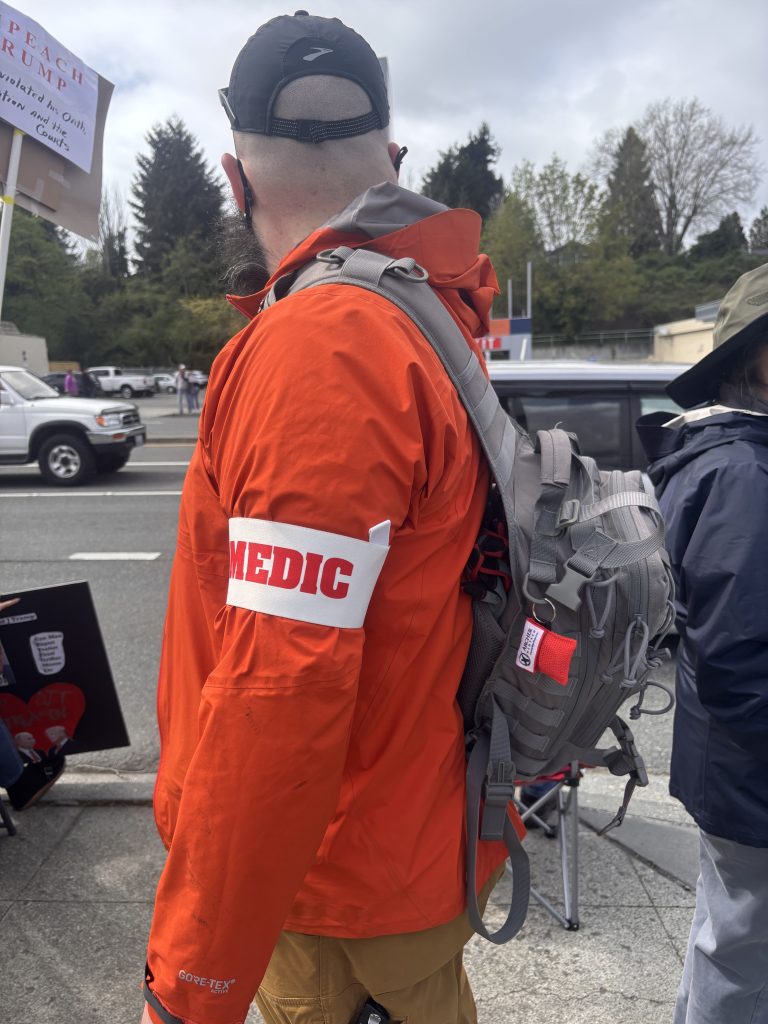
How to do it:
Here are some groups we’ve vetted. These are NOT the only worthy groups, or even the most obscure ones. We’ll add new listings as we find them.
- Indivisible is involved in nearly every large event. They have both local, decentralized groups and also a national structure that provides resources including funding. Locate your local chapter or donate to the national group that supports them: https://indivisible.org/how-to-give
- 50501 operates as a decentralized group. Each local group organizes and fund-raises individually, and local values vary. The national group does some certification and training, but you should verify that local groups meet your own standards too. To find groups in good standing check here: https://www.fiftyfifty.one/groups
- The National Lawyers Guild maintains a legal observer program that deploys trained neutral parties during events that may escalate (e.g. protests at ICE detention centers) to act as witnesses. You can donate to their programs here: https://www.nlg.org/donate/
- Look for regional peacekeeping groups that volunteer at protests. De-escalation based peacekeepers like the Peace and Justice Action League of Spokane, or the Portland Peace Team require mutual trust, so tend to be local.
- Look for local mutual-aid medic groups to donate too. The easiest way is to walk up to someone wearing a “medic” vest or band at a protest and ask how to donate to support their work.
Protests also rely on support from donors and speakers. If you attend a protest, keep an eye out for political candidates who speak, local groups with booths, etc. Consider supporting them, too. Tell them where you saw them.

